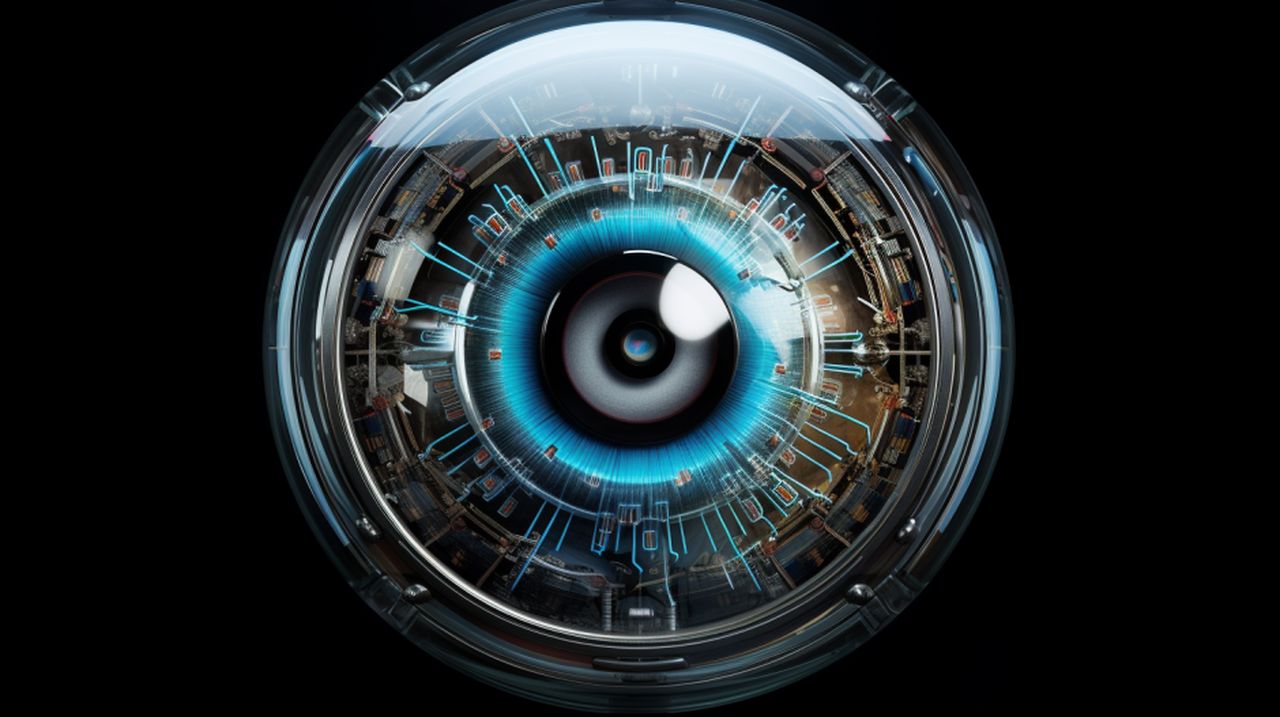Since OpenAI incorporated the Vision feature into its ChatGPT service, the range of applications and functionalities available to users has significantly expanded. If you haven’t yet explored ChatGPT-4 Vision, you might not be aware of its capabilities as a multimodal AI model that can seamlessly blend text and image processing. This guide outlines a variety of ways you can leverage ChatGPT Vision to analyze documents and engage in further conversational analysis.
To use ChatGPT Vision simply use the default AI model within ChatGPT Plus and you will see a small image icon in your prompt box. Simply click this to upload images for ChatGPT to analyze. Once ChatGPT has analyze the image you can ask it anything you like about the uploaded image, photograph or graph and it will try to respond
The introduction of Vision transforms ChatGPT from a text-only conversational agent into a more dynamic, multimedia interface. Unlike its predecessors, ChatGPT-4 Vision can interpret images and contextualize them within an ongoing conversation. Whether you’re capturing photos of historical landmarks or taking screenshots of a spreadsheet, the feature enables a more interactive and enriching user experience by understanding and responding based on both visual and textual elements.
In addition to the new Vision capabilities, you can still use the Advanced Data Analysis feature of ChatGPT to upload and analyze text documents. This overview aims to provide you with practical examples, from helping your children with education to planning travel itineraries based on landscape photos, so you can fully appreciate the breadth of applications now at your fingertips.
ChatGPT Vision uses demonstrated
When it comes to tackling intricate math problems, ChatGPT Vision offers a real boon to students, educators, and even professionals. The traditional way of dealing with such challenges often involves poring over textbooks, consulting various online resources, or asking for human assistance. However, ChatGPT Vision streamlines this process remarkably by interpreting complex equations or problems directly from a photo. Simply point your camera at the math problem, upload the image, and ask the model for guidance.
Other articles we have written that you may find of interest on the subject of ChatGPT
Maths tutoring
Upon receiving the image, ChatGPT Vision leverages its advanced vision capabilities to accurately decipher the mathematical symbols, numbers, and operations presented. The algorithms that govern its operation are well-versed in mathematical notation, ensuring a correct reading of even the most convoluted equations.
Once the equation is processed, you have the flexibility to ask for either hints or a full-blown step-by-step solution. If you prefer to grapple with the problem yourself but just need a nudge in the right direction, asking for hints might suit you best. On the other hand, if you’re completely stumped or are looking to verify your own solution, you can request a complete walk-through of the problem.
What’s particularly compelling is how this feature dovetails with the text-based conversational aspect of ChatGPT. If at any point you find the AI’s explanation unclear or too complicated, you can immediately ask follow-up questions to clarify your doubts. The AI will then recalibrate its subsequent explanations to better suit your understanding, making the learning process more adaptive and personalized.
In essence, ChatGPT Vision serves as an on-demand, interactive tutor for complex math problems, amplifying the efficiency of your study sessions or homework endeavors. By utilizing this feature, you’ll not only save time but also engage with the subject matter in a more hands-on and enriching manner.
Holiday planning from images around the world
Identifying Location from a Google Maps Screenshot: Whether you’re an intrepid traveler or a weekend explorer, ChatGPT Vision can lend a helping hand in planning your next adventure. If you’ve found a destination on Google Maps but aren’t quite sure what it has to offer, you can simply take a screenshot of the location and upload it. From there, you can ask the AI for a wealth of information, ranging from general knowledge about the locale to specific tourist attractions. Interested in historical landmarks, natural wonders, or culinary hotspots? ChatGPT Vision can guide you through these details.
Moreover, the service can assist in logistical planning by providing directions or suggesting various modes of transportation to reach your chosen destination. Let’s say you’re eyeing a remote hiking trail; ChatGPT Vision can tell you how to get there, what the trail conditions are like, and even what kind of wildlife you might encounter. This makes it an invaluable tool not just for leisure but also for more practical purposes like scouting locations for business trips or family events. By leveraging this feature, you turn the AI into a kind of digital travel assistant, enhancing your ability to explore new places with greater confidence and knowledge.
Writing code from sketches or flowcharts
Coding a Website from a Screenshot: For developers and web designers, ChatGPT Vision offers a unique and convenient tool to kickstart the website creation process. If you’ve designed a mockup for a webpage and want to move from the design phase to actual coding, taking a screenshot of your design and uploading it could save you some initial legwork. Once the image is uploaded, you can ask ChatGPT Vision to generate foundational HTML and CSS code based on the visual elements it analyses such as a flowchart or sketch of an idea of a program you might of had.
It’s important to note that the AI won’t deliver a fully functional, polished website straight out of the box. However, what it does provide is a substantial head start. The generated code serves as a skeletal framework upon which you can build, add interactive features, and refine the user interface. This can significantly cut down the time you’d otherwise spend translating a visual design into raw code, allowing you to focus more on nuanced aspects like user experience and functionality.
In this way, ChatGPT Vision acts as a facilitator that streamlines some of the more cumbersome steps in web development. Whether you’re a seasoned coder or someone taking their first steps in web design, you’ll find this feature a valuable addition to your toolkit.
Filed Under: Guides, Top News
Latest aboutworldnews Deals
Disclosure: Some of our articles include affiliate links. If you buy something through one of these links, aboutworldnews may earn an affiliate commission. Learn about our Disclosure Policy.







